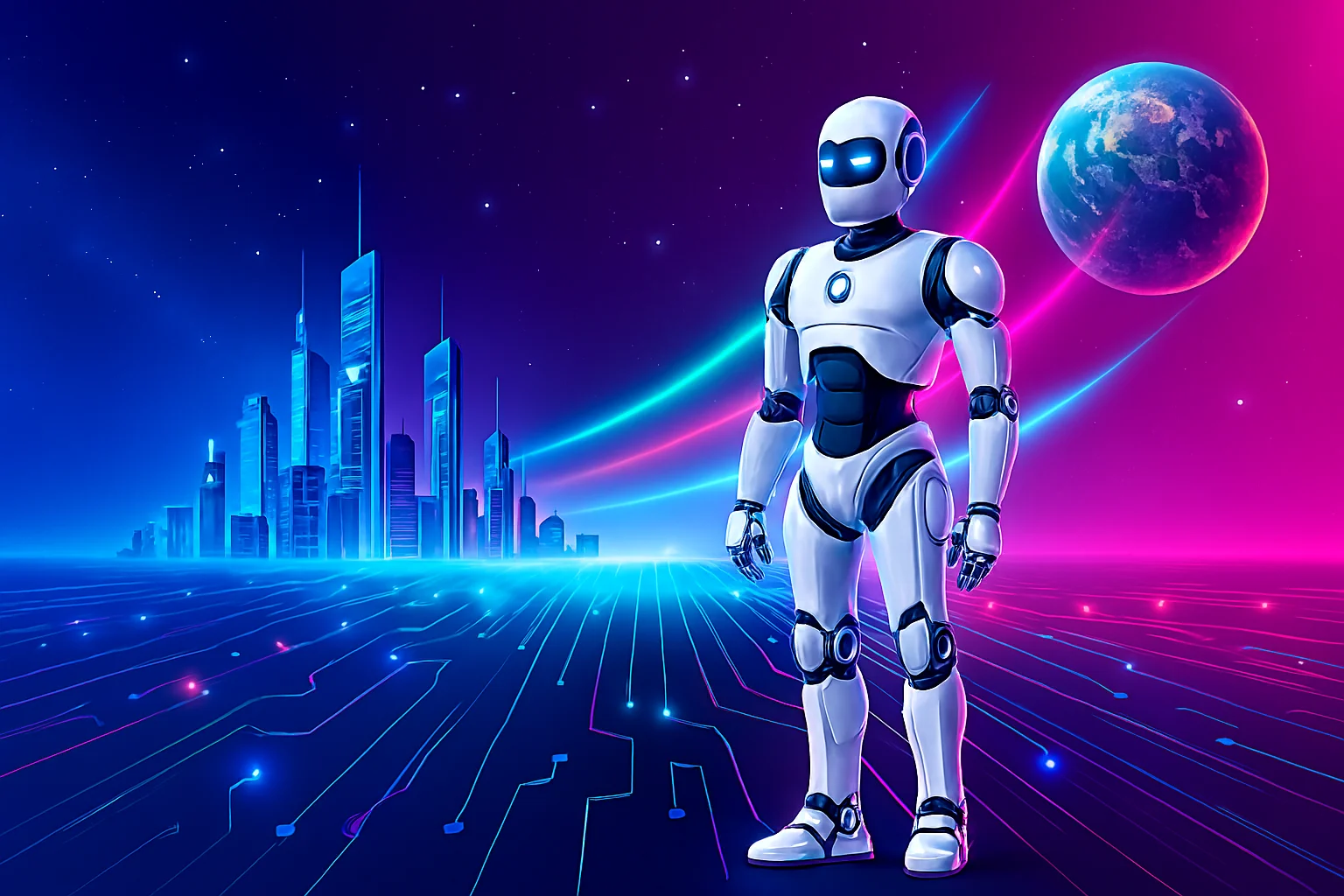
AI in Healthcare: Revolutionizing Patient Care
Estimated Reading Time: 2–3 Minutes
Key Takeaways
- Early Disease Detection: AI algorithms can analyze medical images and patient data to identify diseases at their earliest stages.
- Personalized Treatment Plans: AI enables the creation of tailored treatment strategies based on individual patient genetics, lifestyle, and medical history.
- Streamlined Administrative Tasks: AI automates routine administrative processes, freeing up healthcare professionals to focus on patient care.
Main Content
Artificial intelligence (AI) is rapidly transforming the healthcare landscape, ushering in an era of unprecedented advancements in patient care and medical research. Its ability to process vast amounts of data, identify patterns, and make predictions is proving invaluable across various medical disciplines.
One of the most significant impacts of AI is in early disease detection. Machine learning algorithms can analyze complex medical images like X-rays, MRIs, and CT scans with remarkable accuracy, often identifying subtle signs of diseases like cancer or diabetic retinopathy long before they become apparent to the human eye. This early detection leads to timely intervention, significantly improving patient outcomes and survival rates.
Furthermore, AI is driving the development of personalized medicine. By analyzing a patient’s unique genetic makeup, lifestyle factors, and medical history, AI can predict their susceptibility to certain conditions and recommend the most effective treatment strategies. This move away from a one-size-fits-all approach ensures that patients receive care that is precisely tailored to their individual needs, maximizing efficacy and minimizing side effects.
Beyond clinical applications, AI is also revolutionizing healthcare administration. From automating appointment scheduling and managing patient records to streamlining billing processes and predicting hospital resource needs, AI is significantly reducing the burden of administrative tasks. This allows doctors, nurses, and other healthcare professionals to dedicate more time and energy to what matters most: providing high-quality patient care.
Conclusion
AI is no longer a futuristic concept in healthcare; it’s a present-day reality improving diagnostics, personalizing treatments, and optimizing operations. Explore more insights on how technology is shaping our future at newsog.in.
